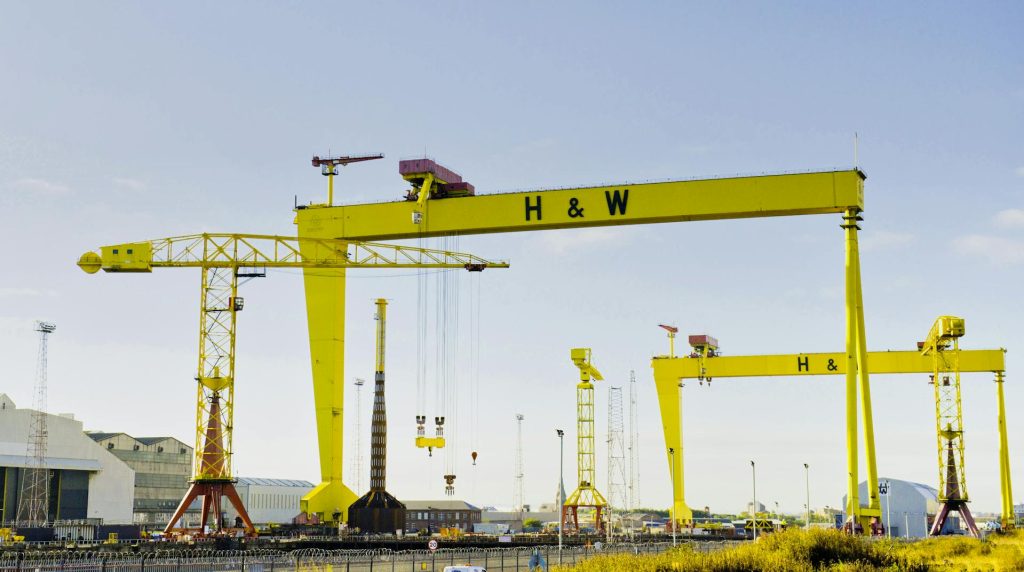There is no doubt that shipping is a pivotal piece of many businesses, both large and small. But while shipping internationally can provide plenty of opportunities for a business, it can also be incredibly daunting. If you have dipped your toes into the shipping industry, you may even have come across the term ‘freight forwarder’, but what does that even mean? Here, we take a comprehensive look at what a freight forwarder is and what they do. For those who are interested in this topic, be sure to keep on reading below.
What is a freight forwarder?
For those not in the know, a freight forwarder is simply a company or organization that specializes in the arrangement of cargo on behalf of shippers. They serve as an intermediary between transportation companies and businesses that need these companies. Simply put, freight forwarders manage every aspect of the transportation process, from storing goods before shipping to making sure that it passes through customs. While they do not handle the movement of the actual goods themselves, they help to establish relationships with the companies that do so they can plan every step of the shipment on their client’s behalf. Freight forwarders also provide a variety of supply chain services, including:
- Inland transportation from origin to destination
- Preparation of documents
- Warehousing and storage services
- Consolidation and deconsolidation
- Cargo insurance and customs compliance.
What does a freight forwarder do?
On the whole, freight forwarders prepare for the shipment of a company’s cargo and goods by making arrangements with transportation, storage, and other logistics companies. Using the services of businesses that they make contracts with, gives the freight forwarder’s clients a reliable and affordable way to send and receive cargo both internationally and domestically. This is because freight forwarders use their already existing relationships to negotiate the lowest price for their cargo. In the end, the goal of a freight forwarder is to find a carrier that provides the best balance in terms of cost, speed, and reliability, which can be complex and overwhelming for most clients.
Key steps of freight forwarding
Export haulage
This step occurs when a transportation company takes the product from a company to the freight forwarders warehouse. Trucks are often used to handle this step, though the mode of transport will depend on the material the company ships and how far away the warehouse is. It could take a few hours or days for the shipment to arrive.
Export customs clearance
Before an international shipment can arrive in another country, customs agents in the product’s country of origin must approve of their departure. Agents may check the products and the paperwork to make that they are the same. These agents also validate the legality and safety of the product before allowing it to leave the country. Most freight forwarders hire customs brokers to help them handle the steps in this process.
Items checkpoint
Also known as origin handling, this occurs when the receiving team uploads the cargo into the warehouse. They will inspect the goods to make sure they have arrived without damage, and they match the booking documents with the order. The freight forwarding team further checks to ensure the target location will accept the goods. This is because certain items have restrictions. These items include:
- Flammable liquids: This includes lighter fluid, gasoline, perfume, and acetone.
- Drugs: pharmaceuticals often need climate-controlled transport methods.
- Alcohol: The laws for these goods vary by state and country, so freight forwarders need to double-check any specific regulations regarding these goods.
- Dangerous items: These include knives or sharp objects which can present a risk to package handlers.
- Perishable items: Fresh food and other perishables need express shipment to make sure they arrive in optimal condition.
Import customs clearance
When the cargo has reached its country of destination, authorities will need to check the paperwork provided by freight forwarders to confirm that it matches the product. This also makes sure that the product meets the legal requirements to enter the country. Import customs agents sometimes include fees that the freight forwarder will need to cover for the shippers and then bill them later.
Destination arrival and handling
Once the shipment clears import customs, a transportation company usually arranged by the freight forwarder will prepare to move the goods to their final destination. They receive the paperwork for the shipment, which can include:
- Invoices
- Bill of Lading certificate
- Certificate of origin
- Inspection certificate (if applicable)
- Export packing list, license, and declaration document
After completing the inspection of the product, the company will load it for transport and take it to the import warehouse.
Import haulage
Freight forwarders also are part of the last stage of the shipping process. This process takes place when the product arrives at its final destination. Freight forwarders may choose one or more types of transport depending on the product and the distance between the warehouse and the final destination. Usually, the recipient will usually receive their shipment anywhere from hours after it leaves the warehouse to a few days later.

